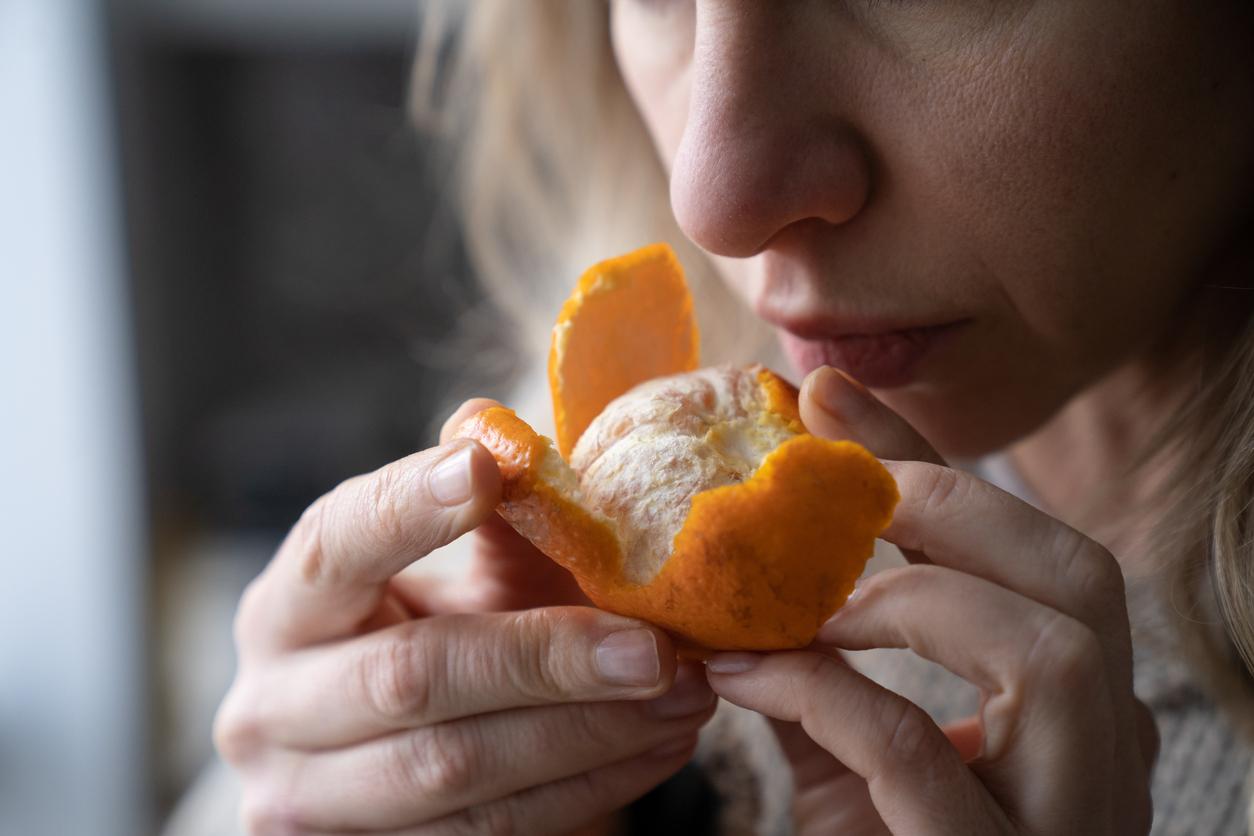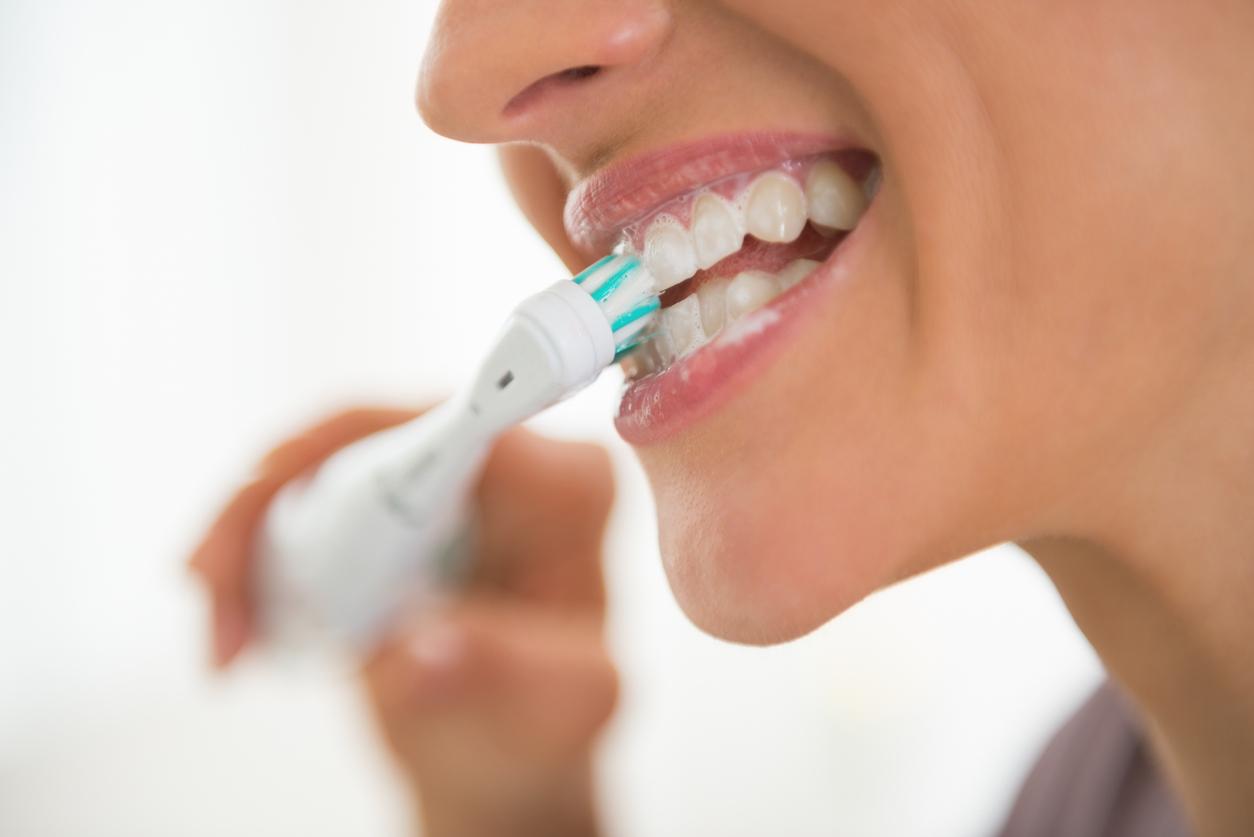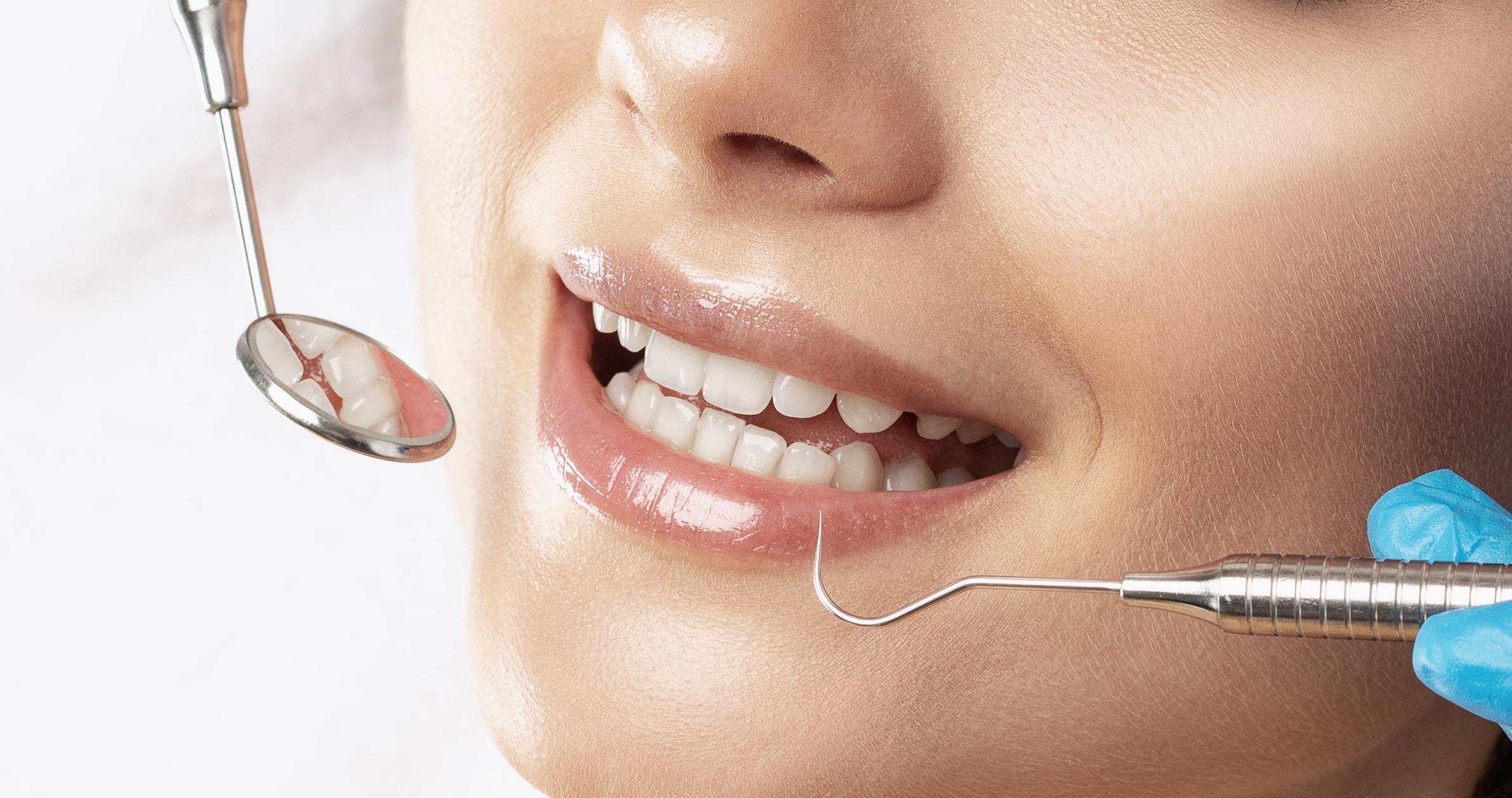The pose ofdental implants is a common surgical procedure. However, implants are sometimes infected by bacteria, which can lead to peri-implant diseases. Problem: these pathologies are difficult to detect and are often diagnosed late. To remedy this, researchers had an unusual idea: to create a chewing gum to detect inflammation. They present their discovery in a study published in the journal Nature Communications.
A bitter taste to signal inflammation
The operation of this chewing gum which contains a biosensitive sensor is simple: if the person who chews it has an inflammation, it releases a bitter taste. If there is no oral inflammation, its taste remains neutral. To test this one-of-a-kind invention, the team of scientists brought the sensor into contact with the saliva of people with peri-implant diseases and then of healthy patients. In just five minutes, the saliva of participants with peri-implant disease released almost three times more of the bitter compound than the saliva of healthy subjects. “It’s a great screening tool to help people easily assess their health status,” precise Lorenz Meinel, co-author of the study.
The advantage of this device? It can be used “anywhere and anytime without technical equipment”, explain the researchers. But to use it, you will have to wait: it could be marketed in two to three years. If researchers see this chewing gum as a reliable screening tool, they state that it obviously will not replace a doctor’s diagnosis.
Read also :
Mallow soothes oral inflammation
Dental implants: beware of anti-heartburn drugs
The consumption of antidepressants complicates the placement of dental implants

















